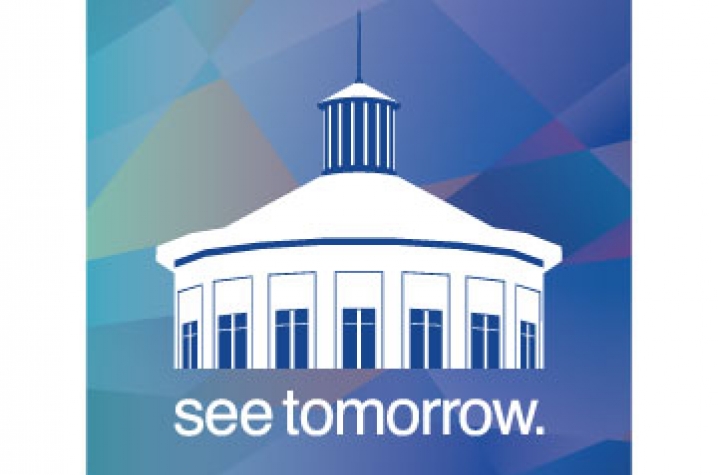National Speaker to Provide Perspective on UK, Higher Ed Trends

LEXINGTON, Ky. (Jan 24, 2014) -- David Attis makes his living studying higher education -- where's it's been and, as importantly, where it's going.
David Attis is a practice manager with the Education Advisory Board, a national consultancy that works with colleges and universities across the country. Attis will speak to the UK community twice on Tuesday, Jan. 28. He will discuss research in American higher education at 9 a.m. in Room 206 of the Student Center. He will speak again at 3 p.m. on major trends in education, also in Room 206 of the Student Center.
Attis recently discussed with UKnow what he will address in his upcoming talks at UK and what he is seeing in American higher education:
What topic/topics to you plan to address in your upcoming talk?
I’ll touch on all of the priorities identified in UK’s strategic planning process (undergraduate learning, graduate and professional education, research and creative work, infrastructure, positive work environment, and community), but I’ll focus on innovations in undergraduate instruction, the changing market for masters and professional programs, and growing pressures on doctoral education. Those are areas where it’s critical to make strategic decisions now in order to lay a foundation for success over the coming decade.
You recently spoke at UK during a retreat of the board of trustees and discussed some of the more pressing issues confronting higher education … could you summarize a couple of the biggest or most prevalent ones that are particular challenges for a large public research institution like UK?
Pressures on public funding at both the state and federal level will be a major challenge. The management and budgeting structures at universities work best when revenues are growing steadily. Flat or declining funding will force some very difficult tradeoffs among different aspects of the university’s mission. It will become increasingly important to find activities that can generate new revenues (such as market-driven masters and professional programs) while cutting back or restructuring areas that are seen as lower priorities. It’s very hard to get a diverse university community to agree on a handful of priorities, but the alternative is a watering down of institutional strengths.
A lot of people talk about higher education and change or disruption right now? What does that mean and do you agree that higher education is facing a great deal of disruption?
The public conversation about disruption over the past two years has really focused (mistakenly in my opinion) on the rise of the MOOCs. Pundits have argued that the rise of free online courses from elite universities will force every other university to radically change how it delivers education. That hype is starting to recede a bit now, and university leaders are coming to realize that trends such as the decline of traditional age students and the rise of ‘swirling students’ who attend multiple institutions on their way to a degree will have a much bigger impact. We’re seeing a great deal of innovation around instruction (both inside and outside the classroom), but I don’t think it will be disruptive in the sense of threatening the existence of traditional universities. If anything, I see traditional universities expanding their reach into new student populations.
In particular, you will be talking about the research climate in one of your talks? What is your general sense of the research landscape in higher education today and for the future?
We have come to the end of a period of phenomenal growth in federal funding, but our institutions and infrastructure are all built on the assumption of annual increases in research funding. Even flat funding can throw off tenure and promotion processes, doctoral program sustainability, and infrastructure maintenance. We need to redefine research excellence around multidisciplinary clusters rather than sheer volume of funding and that will require new approaches to how we measure and support scholarly output and collaboration.
###
This is part of an ongoing series of articles and stories about "see tomorrow: The University of Kentucky Strategic Plan. Check out the strategic plan website -- (http://www.uky.edu/strategic-plan/) --for the latest information about the compelling vision for UK's future. You can also provide feedback and ask questions at seetomorrow@uky.edu
MEDIA CONTACT: Sarah Geegan, (859) 257-5365; sarah.geegan@uky.edu




